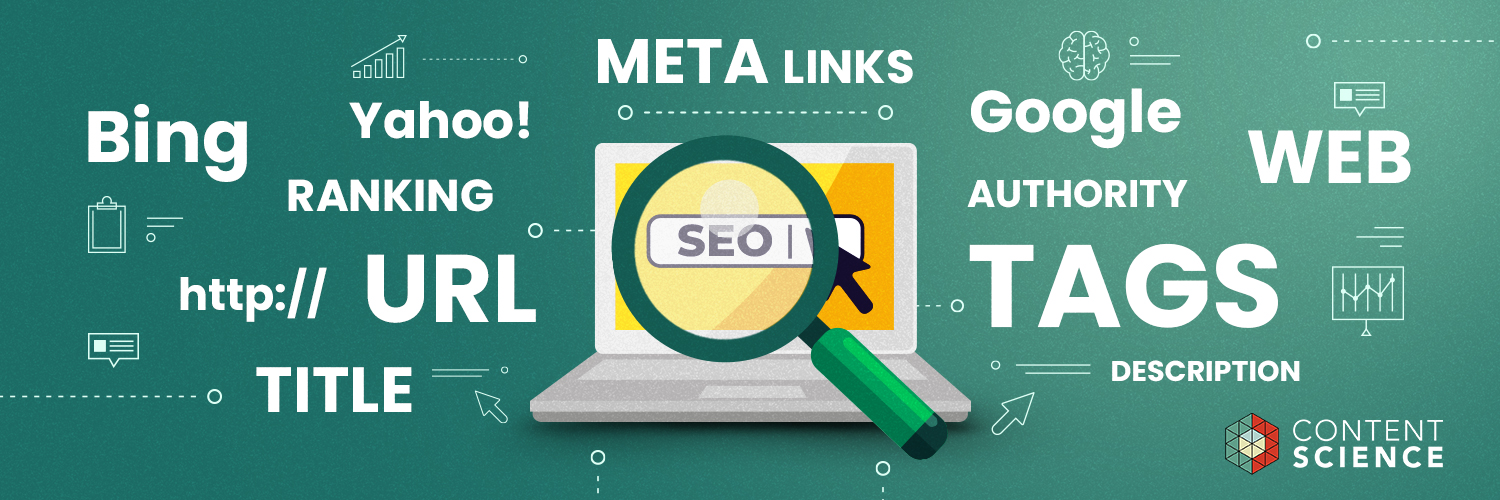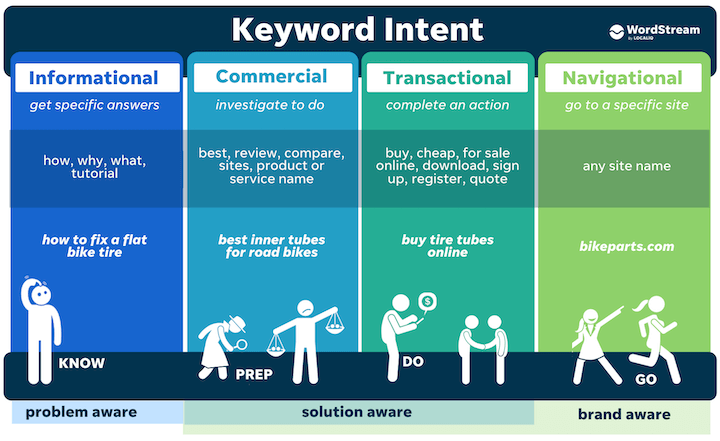Unlock the secrets of SEO keyword usage with this definitive guide on finding the perfect balance for optimal website visibility.

Image courtesy of via DALL-E 3
Table of Contents
Introduction to SEO Keywords
Have you ever wondered how some websites show up at the top of your search results when you look for something online? Well, that’s all thanks to SEO, which stands for Search Engine Optimization. In simple terms, SEO helps websites be more visible on search engines like Google. One crucial aspect of SEO is using the right keywords.
What is SEO?
SEO is like a secret code that helps search engines understand what a website is all about. When you search for something, like “best pizza near me,” the search engine looks for websites with those words. SEO helps websites use the right keywords to match what you’re looking for, making it easier for you to find what you need.
Why Do Keywords Matter?
Keywords are the words and phrases people type into search engines when they’re looking for something. If a website has the right keywords that match what someone is searching for, it’s more likely to show up in the search results. Think of keywords as the main clues that tell search engines what your website is all about.
Choosing the Right Keywords
When creating content for your blog or website, one of the most crucial aspects of SEO (Search Engine Optimization) is choosing the right keywords. Selecting the appropriate keywords can help your content get discovered by search engines and, ultimately, by your target audience. Let’s delve into some tips on how to choose the right keywords for your content.
Think Like Your Audience
Putting yourself in the shoes of your audience is key when selecting keywords. Consider what terms or phrases they might use when searching for information related to your content. By understanding your audience’s language and behavior, you can choose keywords that resonate with them and increase the likelihood of your content being found.
Use Keyword Tools
Utilizing keyword research tools can provide valuable insights into which keywords are popular and relevant to your content. These tools can help you identify high-volume keywords that have the potential to drive traffic to your site. By leveraging keyword tools, you can make informed decisions about which keywords to prioritize in your content.
How Many Keywords Should You Use?
When it comes to SEO (Search Engine Optimization), knowing how many keywords to use in your content is crucial. You don’t want to use too many keywords and risk being flagged for keyword stuffing, but you also don’t want to use too few and miss out on valuable search traffic. Finding the right balance is key to optimizing your content for search engines.

Image courtesy of via Google Images
Finding the Balance
It’s important to strike a balance when it comes to the number of keywords you use in your content. Using too many keywords can make your content seem unnatural and spammy, which can harm your rankings. On the other hand, using too few keywords may result in search engines not understanding the relevance of your content to specific queries.
Keyword Density
Keyword density refers to the percentage of times a keyword or phrase appears on a webpage compared to the total number of words on the page. While there is no set rule for the ideal keyword density, it is generally recommended to keep it between 1-3% to avoid keyword stuffing and maintain readability.
Where to Place Keywords
When it comes to SEO (Search Engine Optimization), the placement of keywords in your content plays a crucial role in helping search engines understand what your website is about. Strategic keyword placement can improve your chances of ranking higher in search results, making it easier for your target audience to find you online.
In the Title
One of the most important places to include your keywords is in the title of your content. Search engines give a lot of weight to the title of a webpage, so having your target keywords in the title helps them understand the main focus of your content.
In the Introduction
It is also essential to include your keywords in the introduction of your content. This helps set the tone for what your content is about and signals to both readers and search engines what they can expect from the rest of the page.
Throughout the Text
While it’s crucial to have your keywords in the title and introduction, it’s equally important to naturally incorporate them throughout the body of your text. This means using variations of your keywords in a way that makes sense and doesn’t feel forced. The goal is to create valuable content for your readers while also optimizing it for search engines.
Avoiding Keyword Stuffing
Keyword stuffing is when someone excessively uses keywords in their content in an attempt to manipulate search engines and rank higher in search results. This practice makes the content less readable and valuable for users.

Image courtesy of via Google Images
How to Avoid Keyword Stuffing
To avoid keyword stuffing, it’s essential to focus on creating high-quality and user-friendly content. Here are some tips to help you use keywords naturally:
1. Write for your audience: Instead of solely focusing on keywords, prioritize creating content that is engaging and valuable to your readers. Think about what they would want to read and incorporate keywords organically.
2. Use variations: Instead of repeatedly using the same keyword, try using synonyms or related terms. This not only helps with SEO but also enhances the readability of your content.
3. Write naturally: Don’t force keywords into sentences where they don’t belong. Make sure that the keywords flow naturally within the context of your content.
By following these tips, you can ensure that your content is optimized for search engines without resorting to keyword stuffing.
Monitoring Your Keyword Success
After you have carefully selected and placed your keywords in your content, it’s essential to monitor how well they are performing. One way to track the success of your keywords is by using analytics tools. These tools provide valuable insights into how your keywords are driving traffic to your website.
Google Analytics is a popular tool that can help you see which keywords are bringing the most visitors to your site. It allows you to track important metrics like the number of visitors, bounce rate, and conversion rate associated with each keyword.
Making Adjustments
If you find that some of your keywords are not performing as well as you had hoped, it may be time to make adjustments. Analyzing the data from your analytics tools can help you identify which keywords are underperforming.
Consider revisiting your content to see if you can incorporate these keywords more naturally. You can also experiment with different variations or synonyms of your keywords to see if they yield better results.
Keeping Up with Changes
In the world of SEO, things are constantly changing and evolving. It’s essential to stay on top of these changes to ensure that your website continues to rank well in search results. Here are some tips to help you keep up with the ever-changing landscape of SEO:

Image courtesy of via Google Images
Follow SEO Experts
One of the best ways to stay informed about new trends and updates in SEO is by following experts in the field. These individuals are often at the forefront of industry changes and can provide valuable insights into what strategies are working and what practices are becoming outdated. By staying connected with SEO experts through blogs, social media, and industry events, you can stay ahead of the curve and implement the latest best practices on your website.
Ongoing Learning
SEO is a dynamic field that requires continuous learning and adaptation. To keep up with changes in SEO practices, it’s important to invest time in expanding your knowledge and skills. This can involve reading industry publications, attending webinars and conferences, and taking online courses to deepen your understanding of SEO concepts. By committing to ongoing learning, you can stay informed about the latest algorithm updates, trends, and strategies that can help improve your website’s visibility and performance.
Conclusion
In this article, we have explored the fascinating world of SEO (Search Engine Optimization) and the crucial role that keywords play in optimizing websites and blogs for search engines. By strategically selecting and incorporating the right keywords into your content, you can significantly improve your visibility and attract more visitors to your site.
Remember, the key to successful SEO is finding the balance in using keywords – not too many, not too few. Quality content that naturally integrates relevant keywords is the way to go. Avoiding keyword stuffing and keeping an eye on your keyword performance through analytics tools are essential practices for maintaining a strong online presence.
As you continue on your SEO journey, stay informed about the latest updates and trends by following industry experts and engaging in ongoing learning. SEO is an ever-evolving field, so staying up-to-date with changes will help you adapt your strategies accordingly and stay ahead of the competition.
In conclusion, utilizing the right number of keywords in your SEO endeavors is paramount to your success. By understanding the science behind keyword selection, density, placement, and monitoring, you’ll be well on your way to driving organic traffic to your website and boosting your online presence.
Want to turn these SEO insights into real results? Seorocket is an all-in-one AI SEO solution that uses the power of AI to analyze your competition and craft high-ranking content.
Seorocket offers a suite of powerful tools, including a Keyword Researcher to find the most profitable keywords, an AI Writer to generate unique and Google-friendly content, and an Automatic Publisher to schedule and publish your content directly to your website. Plus, you’ll get real-time performance tracking so you can see exactly what’s working and make adjustments as needed.
Stop just reading about SEO – take action with Seorocket and skyrocket your search rankings today. Sign up for a free trial and see the difference Seorocket can make for your website!
Frequently Asked Questions (FAQs)
What happens if I use too many keywords?
If you use too many keywords in your content, a practice known as keyword stuffing, search engines like Google may penalize your website. Keyword stuffing can make your content seem unnatural and spammy, which is not helpful for readers. It can harm your website’s ranking in search results, making it harder for people to find your content. To avoid this, it’s essential to use keywords in a natural and relevant way that enhances the quality of your content.
How often should I update my keywords?
Updating your keywords regularly is important to keep your content relevant and competitive in search engine results. It’s a good practice to review and update your keywords at least every few months, especially if you notice changes in search trends or if your content is not ranking as well as you’d like. By staying up to date with your keywords, you can better target your audience and improve the visibility of your website in search results.







